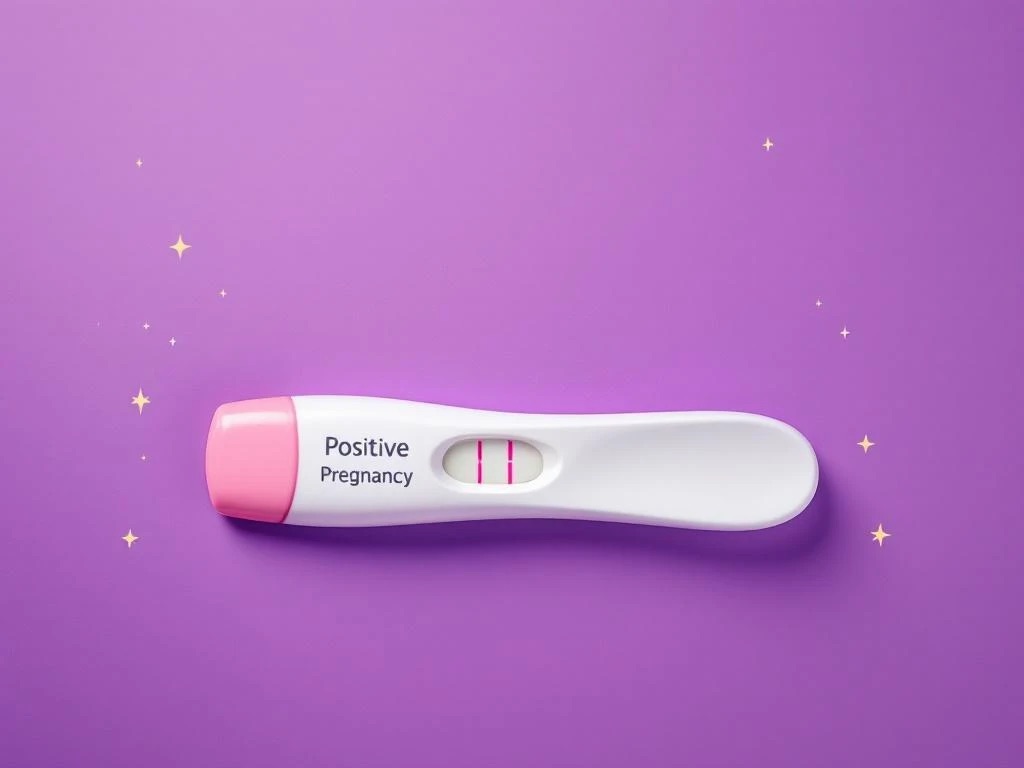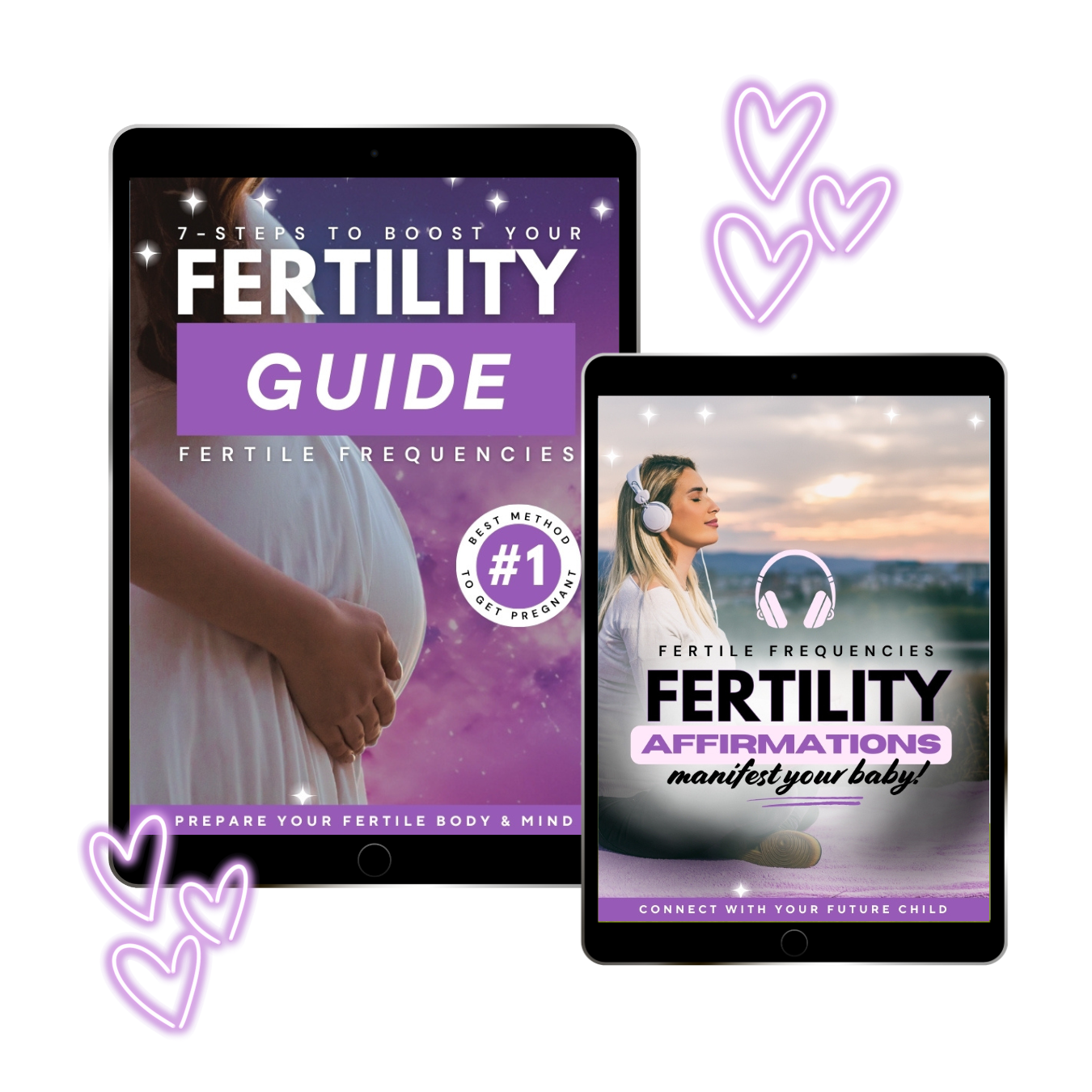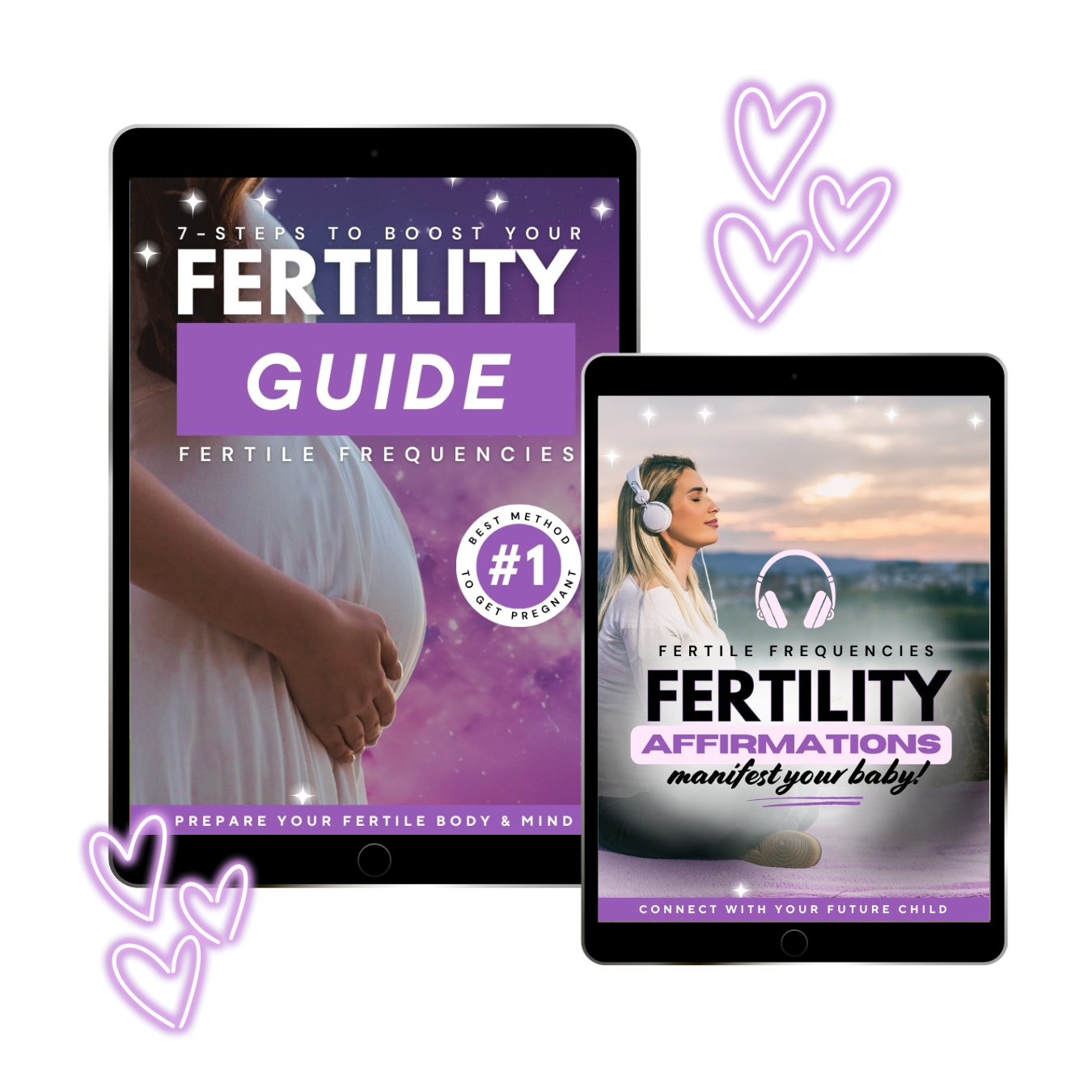Mind–Body Fertility Connection: How Your Thoughts Impact Conception
May 27, 2025

Your Uterus Is Listening: The Science of the Mind–Body Fertility Connection
By Lindsay Goodwin, LAc., MSOM, BS, FABORM, CLC, CHt. | Host of Fertile Frequencies Radio
When most people think about fertility, they focus on physical factors—hormone levels, egg quality, ovulation, and reproductive organ health. But there’s another powerful factor that often gets overlooked: your fertile mindset.
In this episode of Fertile Frequencies Radio, Lindsay Goodwin explores the science of the mind–body connection in fertility and why your thoughts, beliefs, and emotions can directly influence your reproductive health right down to the cellular level.
What Is a Fertile Mindset?
A fertile mindset isn’t about “just thinking positive” or hearing the unhelpful advice to “relax and it will happen.” Instead, it’s about understanding how subconscious beliefs, emotional health, and thought patterns affect the mind–body fertility connection.
Science shows that stress hormones like cortisol can interfere with reproductive hormones such as estrogen, progesterone, and luteinizing hormone creating an internal environment that’s less favorable for conception.
Your brain serves as the control center, constantly communicating with your reproductive system. When you think or say, “I can’t get pregnant” or “My body isn’t working,” your endocrine system hears that message. These signals can trigger hormonal imbalances, disrupt ovulation, and even affect uterine receptivity.
The Subconscious Mind and Fertility
Over 90% of your thoughts operate on the subconscious level. This means limiting beliefs, unresolved emotional wounds, and past conditioning can influence your fertility health even if you’re not consciously aware of them.
If these subconscious patterns are rooted in fear, distrust of your body, or past reproductive trauma, they can create “energetic blocks” that interfere with both natural conception and assisted fertility treatments like IVF or IUI.
The opposite is also true: cultivating trust, self-compassion, and a sense of possibility sends signals of safety to your nervous system and hormonal pathways, supporting your natural fertility optimization.
Keys to Mastering Your Fertile Mindset
Transforming your mind–body fertility connection involves three essential steps:
-
Awareness – Identify your thoughts and beliefs about your fertility and your body’s capabilities.
-
Transformation Tools – Use practices such as meditation, visualization, guided affirmations, or journaling to reframe limiting beliefs into empowering ones.
-
Stress Regulation – Learn techniques like breathwork, yoga, somatic practices, and mindfulness to calm your nervous system for fertility.
These strategies not only help boost fertility naturally but also give you back a sense of control and empowerment in your conception journey.
Why Mindset Matters in Your Fertility Journey
When you work on your fertile mindset, you shift from being a passive observer to becoming an active participant in your reproductive health. This change can be life-altering bringing personal growth, emotional resilience, and even gratitude for the self-discovery that comes along the way.
Lindsay Goodwin, with nearly 20 years of experience in holistic fertility coaching, reminds us that the process of aligning your mind and body is not just about getting pregnant. It’s about healing on every level emotional, mental, physical, and spiritual.
Your Body Is Listening
Right now, your cells are responding to every thought you have. Ask yourself:
-
Are my thoughts cultivating fertile soil through trust, hope, and self-love?
-
Or are they planting seeds of fear, doubt, and pressure?
By mastering your fertile mindset, you’re not only improving your chances of conception — you’re reclaiming your power, healing your nervous system, and transforming your entire well-being.
More Supportive Links:
- Apply for Private Fertility VIP 1:1 Fertility Support with Lindsay here
- Book a spirit baby reading for clarity
Please Note: The contents of this podcast are intended for educational and informational purposes only. The information provided should not be construed as clinical advice, used as a substitute for professional healthcare guidance, or for discontinuing medical care or treatment. Always consult a qualified medical professional or healthcare provider for personalized medical advice, diagnoses, or treatment.







